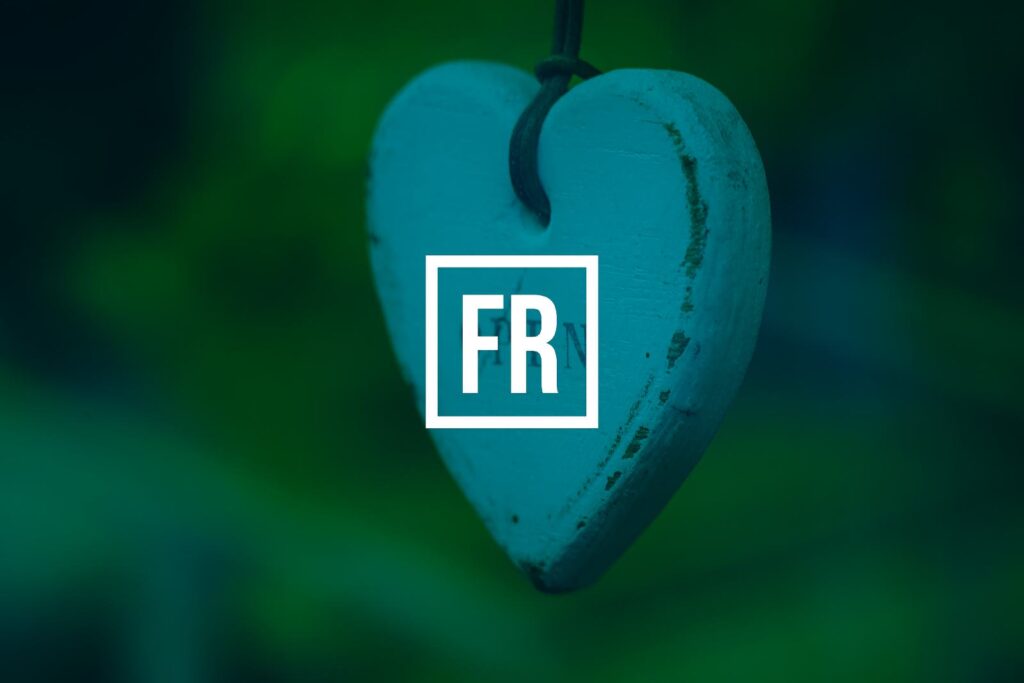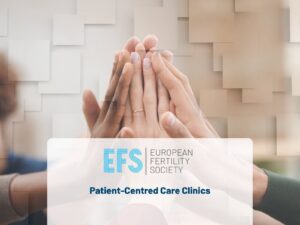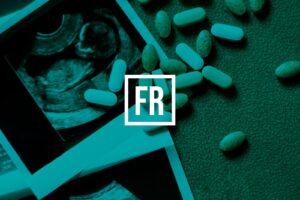What is egg sharing?
Egg sharing is when a woman who is already having IVF donates some of her eggs to the clinic where she’s having treatment, usually in return for some free or discounted treatment. In order for an egg share to take place, the clinic needs to be able to collect enough eggs in a single cycle to share between the egg sharer and the recipient to allow for treatment between both.
Why do women require donor eggs?
There are many reasons why a woman might not be able to use her own eggs, including if she has had cancer treatment, gone through the menopause or her children are at risk of inheriting a serious genetic disease. By using donated eggs, she has the option of using her partner’s sperm (if she has one) and of experiencing pregnancy.
Eligibility for egg donation
There are certain criteria you’ll need to meet in order to be eligible to share your eggs. Generally, women need to be aged 35 or under and have no transmittable diseases or serious, heritable medical conditions. You may need to undergo further health tests before being able to donate your eggs. IVF London has set additional eligibility criteria, including minimum and maximum Body Mass Indexes (BMIs) and ovarian reserve levels. There are two main indicators of ovarian reserve: Anti-Müllerian Hormone (AMH) levels and Antral Follicle Count (AFC). An AMH blood test is conducted on day of consultation as well as a pelvic scan to determine how many follicles (AFC) the ovaries have. In order to be eligible for egg sharing the AMH level must be over 16pmol/L and the AFC must be above 24. In addition to these tests the following blood tests must be conducted: hepatitis B, hepatitis C, HIV, chlamydia, gonorrhoea, CMV, full blood count, blood group, syphilis, blood chromosome analysis, cystic fibrosis. If this is the first time these bloods have been conducted then it is possible that the sharer may be found to have infections or genetic disorders that were previously unknown.
Legal Implications
You will have no legal rights or responsibilities to children born from your donation. You’ll have no say over their upbringing and won’t be required to pay anything towards their care. In the UK at age 18, donor-conceived people have a right to apply to the Human Fertilisation and Embryology Authority (HFEA) for identifying information about their donor. Also given the growing use of direct to consumer DNA testing and matching websites, it is now also possible that donors and donor-conceived people, and/or their close genetic relatives, may become identifiable to each other outside of this managed system of information provision. Therefore, children born from your donation will be able to contact you when they reach 18. It’s up to you whether you want to have any kind of relationship with them at that point. For some people, meeting the families they helped to create is a wonderful privilege, whereas others feel less comfortable with that prospect. Writing a personal description and goodwill message can be very helpful to both parents of donor-conceived children and donor-conceived people themselves in the years to come.
Counselling
Implications counselling is mandatory for everyone that wants to donate their eggs. Your clinic is required by law to offer you counselling. We strongly recommend you take it up, as it will help you to think through all the implications of your decision and how it could affect you and your family in the future. The aim of the session is to explore the legal, social and ethical implications of egg donation. Some areas that are discussed include: Personal history, motivation for egg donation, understanding of the donation process (tests, procedures, potential risks and side effects), the potential implications of donating own genetic material, potential results of the treatment (for example, is the donor aware that the recipient’s treatment may result in multiple pregnancies or that it may not be successful). The role of the HFEA, the Central Register and the Donor Sibling Register are explained and donor’s thoughts and feelings are explored about the fact that the resulting child/ren will have access to the information about the donor’s identity. Also explored is the donor’s awareness of the legal limit of the families that can be created with the donation. You may also need to tell a partner or children of your own about your donation later on, so you need to be prepared for that. Doing your research now and feeling completely happy with your decision will ensure you’re 100% committed to this extraordinary gesture.
Can I donate to a family member, friend or someone else I know?
Yes you can but there are restrictions on mixing the eggs and sperm of close family members such as brother and sister (including half brothers and sisters) or uncles and nieces. Donating to any of your female relatives, however, is fine. If you’re thinking about donating your eggs for use in the treatment of a male relative, discuss this with your Consultant at IVF London. If you’re donating to a woman you know, and you only want her to receive your eggs then you’ll need to state this in your consent form.
What happens if my clinic cannot collect enough eggs?
Before agreeing to an egg sharing arrange ment, IVF London will explain to you whether there is a minimum number of eggs that should be retrieved before egg sharing can go ahead. Normally, if enough eggs can be collected, they’ll be shared equally with your egg recipient. If an odd number of eggs is collected then the extra egg will always go to the egg sharer. The eggs are assigned after the egg collection, before the maturity of the eggs has been determined. If IVF London is unable to retrieve enough eggs to share, our guidance states that egg sharers should be given the option of using all the eggs for her own treatment, at the agreed discount. Alternatively, she can donate all the eggs in that cycle and will qualify for donor reimbursement in line with HFEA requirements.
Are there any risks from donating your eggs?
Donating your eggs is generally very safe; most women won’t experience any health problems beyond the discomfort of having the treatment itself. The only potential risk to be aware of is having a reaction to your fertility drugs. Normally if this happens the effects are mild and include hot flushes, feeling irritable or down, headaches and restlessness. In some very rare cases, women develop ovarian hyperstimulation syndrome (OHSS). OHSS is a very serious and potentially fatal reaction to fertility drugs, which happens about a week after your eggs have been collected. Symptoms include a swollen stomach and stomach pains and, in extreme cases, nausea, vomiting, breathlessness, fainting, a swollen stomach and reduced urine. In some cases, you may be advised to avoid future fertility treatments if the reaction to fertility drugs has been very severe. If you have any reactions to your fertility drugs, it’s very important you let your treating clinic know right away.
Can I meet the woman receiving my eggs?
It’s not possible for either you or the egg recipient to meet or find out any information that would identify you to each other. It is possible for you to set conditions on how your eggs can be used, as long as those conditions don’t discriminate against people with protected characteristics under the Equality Act 2010.
Can I find out if my donation has been successful?
IVF London will be able to tell you if the woman or couple you’ve shared your eggs with have become pregnant. If your donation results in the birth of a child or children, you can find out by applying on the HFEA website to find out the number of children born, their gender, and their year of birth.
What if I change my mind?
You’re free to change your mind and withdraw your consent at any point up until an embryo created with your eggs is transferred to the recipient’s womb. Your clinic should explain to you before you start treatment what, if any, additional charges you would need to pay in these circumstances. However, at IVF London the eggs are not assigned to a recipient until the sharer has had a successful outcome.
If you’re ready – what are the next steps?
If you would like to consider egg sharing then the first step would be to book an initial consultation with a fertility consultant. To book at IVF London, please call our friendly staff on 020 8207 4115 or alternatively send an email enquiry to [email protected]






